BOONE, N.C. — At Appalachian State University’s two lab schools in Walkertown and Elkin, K–5 students have access to a one-of-a-kind elementary experience.
The Academy at Middle Fork and the Academy at Elkin have been open since 2018 and 2022, respectively, bringing unique educational programming — including co-teaching, small class sizes, individualized attention and a focus on literacy and exploration-based learning — to more than 350 mini-Mountaineers each year. Middle Fork is open to K–5 students, and Elkin is open to second, third and fourth grade students.
“There are a lot of great schools in North Carolina, but there’s something special about Elkin and Middle Fork that makes you want to be there and be involved,” said Dr. Amie Snow ’06 ’14, director of curriculum and federal programs for App State’s lab schools.
‘Emphasis on innovation’
A lab school is typically affiliated with a college or university. The schools are designed to test and develop new educational models, while allowing future teachers to gain experience in a live classroom setting.
According to the International Association of Laboratory Schools, the concept of lab schools — originally known as “attached schools” because of their association with universities — dates all the way back to the 17th century in Europe and Japan. The first U.S. lab school, founded in 1896, is the University of Chicago Laboratory Schools, which continues to operate today.
In North Carolina, lab schools are a more recent educational option. In 2016, the North Carolina General Assembly passed a law to establish eight such schools across the University of North Carolina System, with an amendment added in 2017 that allows for nine schools. The schools are tied to System institutions with strong teacher training programs and operate for a minimum of five years. App State is the only UNC System institution to operate more than one lab school.
Dr. Hannah Reeder ’05 ’08, App State’s director of lab schools and assistant dean in the Reich College of Education, said the mission of lab schools is to redefine and strengthen university partnerships with public schools, improve student outcomes and provide high-quality teacher and principal training.
“As lab schools, we are granted greater flexibility,” said Reeder. “We have a huge emphasis right now on innovation, so the idea is to try new things, and if it works, that’s great — let’s replicate it in other schools.”
‘Pushes their imaginations’
Both App State academies are centered on the core values of honesty, integrity, kindness and excellence — what the students refer to as HIKE. The Academy at Middle Fork is a literacy-focused school, and while the Academy at Elkin also focuses on literacy, the school additionally promotes exploration-based learning through its QUEST vision — empowering students to question, understand, explore, share and try.
“With both schools, the goal is to really understand what each individual child needs and to provide opportunities for that child to grow,” said Snow. “This includes social and emotional support. It’s incredibly important to establish a classroom environment where students feel welcomed, that they belong, that mistakes are OK and that teachers are there for you.”
Snow said the basic curriculum of each lab school includes standard subjects such as math, science and social studies, but with the main focus being literacy, it’s the reading program that really builds the children’s interests.
App State lab schools have trained their teachers in LETRS (Language Essentials for Teachers of Reading and Spelling) and the science of reading, Snow said, which focuses on the five key components of phonics, phonemic awareness, vocabulary, fluency and comprehension.
In addition, Snow said, “Giving opportunities for students to be engaged in rich literature that pushes their imaginations and pushes their vocabulary helps them to really see different perspectives of the world. We use texts that show a variety of different backgrounds and a variety of different situations so that our students are always able to find themselves in the books.”
With any subject, Snow said the lab schools promote a hands-on approach to learning to make the students active participants, rather than observers. This includes getting out into the community as much as possible with field trips and campus visits, as well as bringing in visitors — from authors, to police officers, to athletes — to engage with students. Snow said these types of learning experiences happen much more often than in typical public elementary schools.
Reeder said that both lab schools will soon be implementing an entirely new teaching model to further promote the hands-on initiative, in a way that gives students more individualized attention with more personal demonstrations and interactions.
“Innovation is at the core of the lab school initiative. As we re-imagine what school looks like, we are moving away from the one teacher, one classroom model, and moving more toward a team-based teaching model to improve learning for students and create a more equitable work environment for teachers. We feel confident that this model will allow us to better meet the needs of all students while also considering the workload of teachers.”
‘Empower each other’
The Academy at Middle Fork is already using the new model in a third grade classroom, with Brent Macrow ’21 and Suzanne Smith ’21 working as co-teachers.
“As co-teachers, we are able to empower each other,” said Smith. “We both have our strengths and we both have our weaknesses. We’re able to work through them together to give our students the best education possible.”
Macrow said one of the biggest positives to co-teaching is that it gives students more individualized attention, with the example that when a lesson is being taught, one of the teachers has the ability to pull a student aside and talk to them about their work if they need help.
“Co-teaching also gives the students the chance to see us work together and bounce ideas off of each other,” said Macrow. “That helps them learn about teamwork and the importance of communication in the classroom.”
Before landing at Middle Fork, Macrow and Smith both had prior experience teaching in traditional public schools, but said they were easily sold on the idea of the lab school mission to advocate for change and adapt and test out new teaching methods that can better enhance education.
“We’re not just here for a paycheck,” said Macrow. “At Middle Fork, especially, we have a fantastic group of staff and we all have a common goal — to develop the whole child, cognitively, physically, creatively, socially and emotionally.”
Macrow said lab schools typically have much smaller class sizes than traditional public schools, which is another key component to establishing a positive classroom environment.
“I’m a huge advocate for classroom culture,” he said. “Our classroom very much feels like a family. The relationships are very real and very meaningful.”
Smith added, “We take care of each other, we challenge each other and we help each other persevere. It’s something that is really special to be a part of.”
Smith and Macrow’s student teacher this semester, Shana DeShazo ’02 — an App State graduate student pursuing a graduate certificate in elementary education, said the classroom culture is also what stands out to her the most.
“One of the first things I noticed is that the teachers here know just about every child’s name — not just the students in their classroom, but the students in the whole school,” she said. “To me, that says a lot — that every teacher takes ownership for each child. I want to be able to set that same example.”
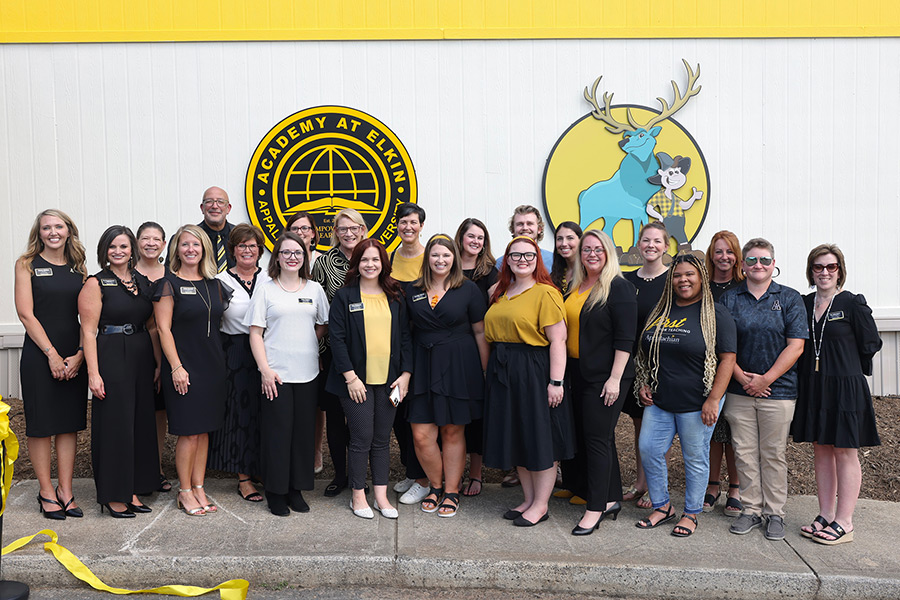
App State Chancellor Sheri Everts, ninth from left, App State Director of Lab Schools Dr. Hannah Reeder ’05 ’08, second from left, and App State Director of Curriculum and Federal Programs for Lab Schools Dr. Amie Snow ’06 ’14, far right, are pictured with teachers and staff from the university’s two lab schools — the Academy at Middle Fork and the Academy at Elkin — following a ribbon-cutting event for the Academy at Elkin in 2022. Photo by Chase Reynolds
‘A game changer’
Brandi Hall, a speech-language pathologist at Elkin City Schools, is the parent of a third grade student at the Academy at Elkin. Although Hall works with the city’s public school system, she said her family was easily able to recognize that a lab school was the best fit for their daughter.
“I’ve always known that my daughter is incredibly smart, creative and very out-of-the-box in her thinking, and she is a very out-of-the-box-style learner,” said Hall. “Because of that, the format of public schools had been a challenging fit for her.”
Hall said that the goal for her family was for their daughter to enjoy school again, which had become a challenging and uncomfortable place that brought her daughter a lot of anxiety.
“Every day had been a struggle,” said Hall, “but the Academy at Elkin has been a game changer for our family. Our daughter is excited and willing to go to school again. She doesn’t feel like she endures her day anymore — she feels like she thrives in her day.”
Hall said that with a hands-on learning approach and an emphasis on teamwork, her daughter has been able to achieve things that she never could have in another school.
“My daughter is treated with respect and her thoughts and ideas are heard,” said Hall. “She can now be all that she is destined to be.”
What do you think?
Share your feedback on this story.
About the Academy at Middle Fork
The Appalachian State University Academy at Middle Fork, located in Walkertown, North Carolina, serves approximately 300 K–5 students. The academy provides a balanced education through the implementation of research-based practices, state-of-the-art literacy instruction, and exemplary classroom instruction and administration. Learn more at https://middlefork.appstate.edu.
About Appalachian State University
As a premier public institution, Appalachian State University prepares students to lead purposeful lives. App State is one of 17 campuses in the University of North Carolina System, with a national reputation for innovative teaching and opening access to a high-quality, cost-effective education. The university enrolls more than 21,000 students, has a low student-to-faculty ratio and offers more than 150 undergraduate and 80 graduate majors at its Boone and Hickory campuses and through App State Online. Learn more at https://www.appstate.edu.
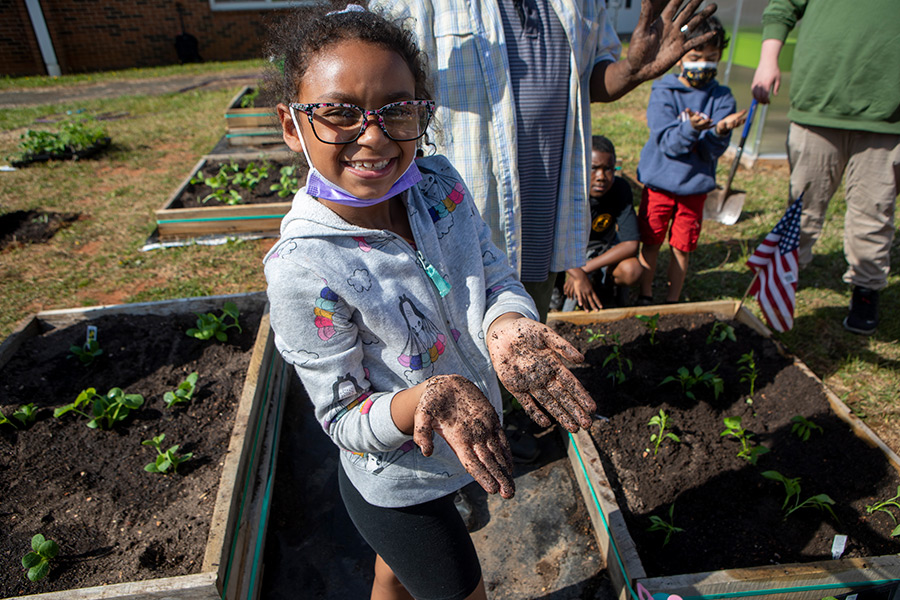
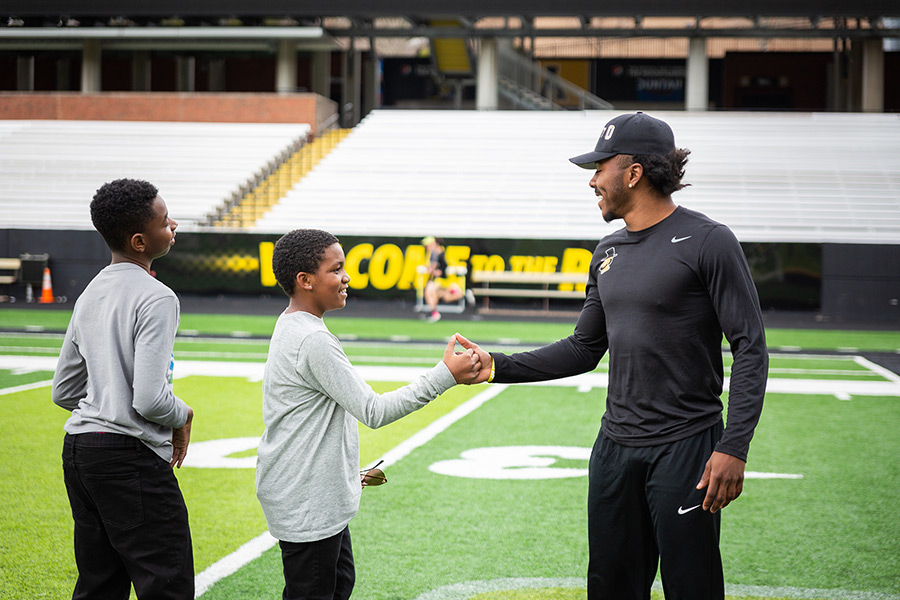
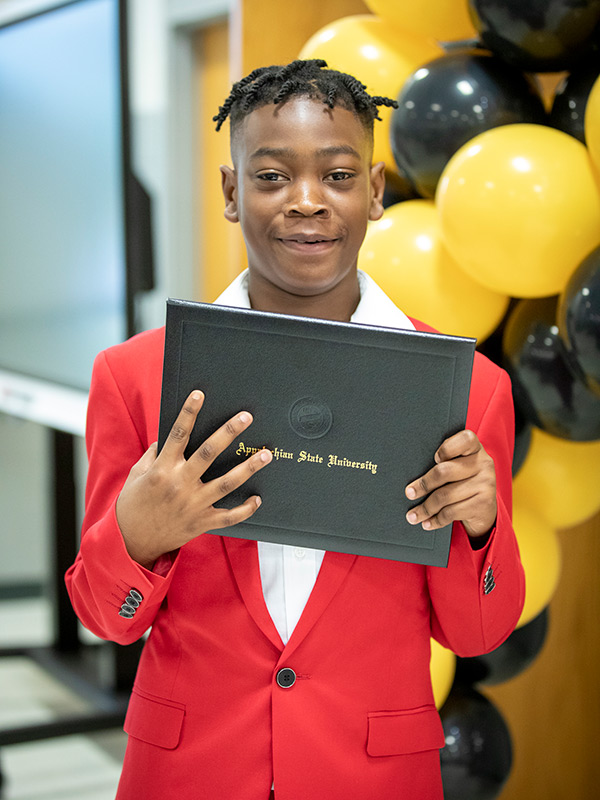
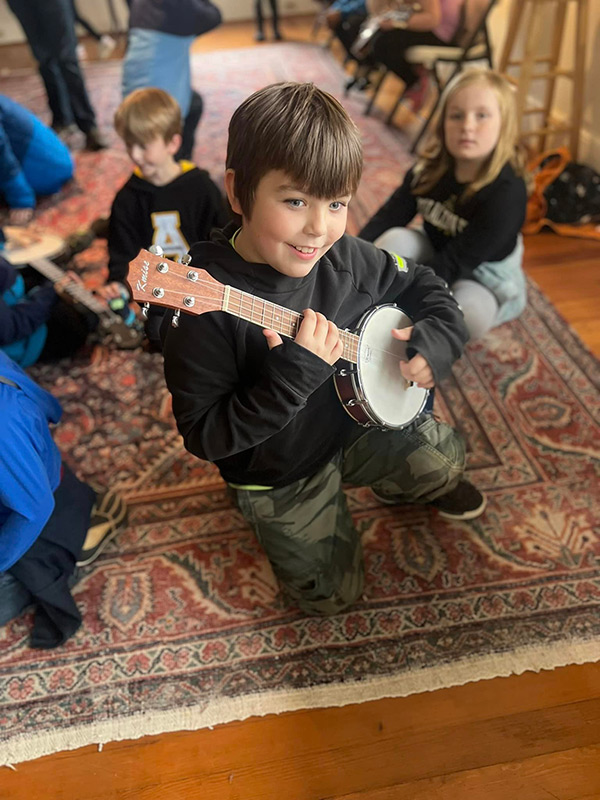
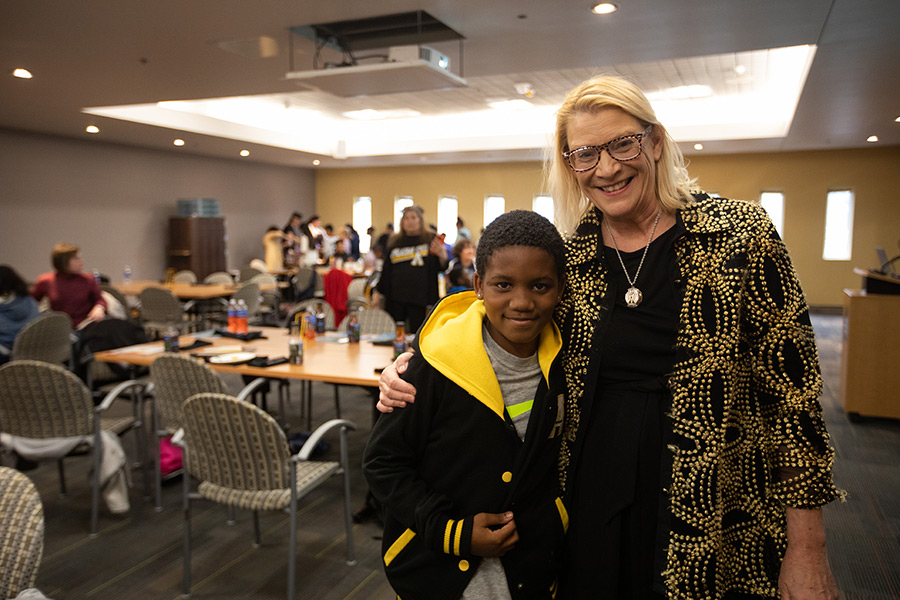
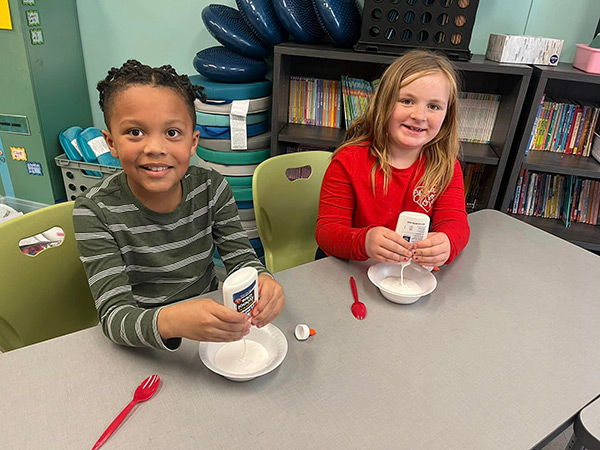
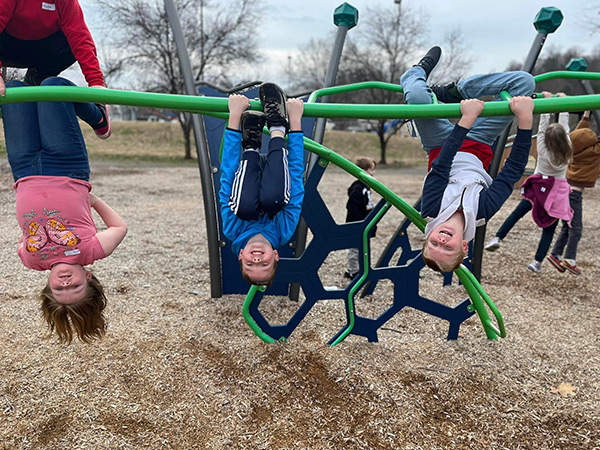
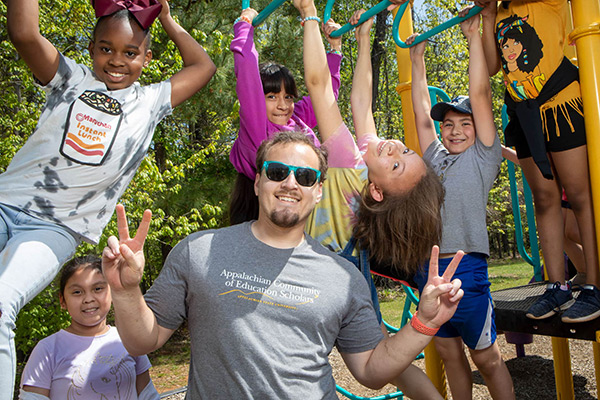
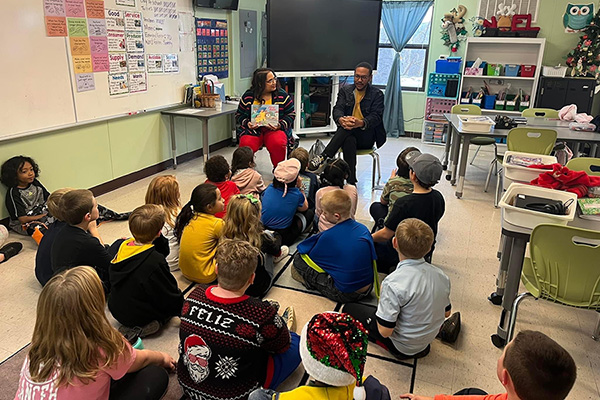




![How NCInnovation Is Rethinking Economic Development in North Carolina [faculty featured]](/_images/_posts/2026/02/rethinking-economic-development-600x400.jpg)






